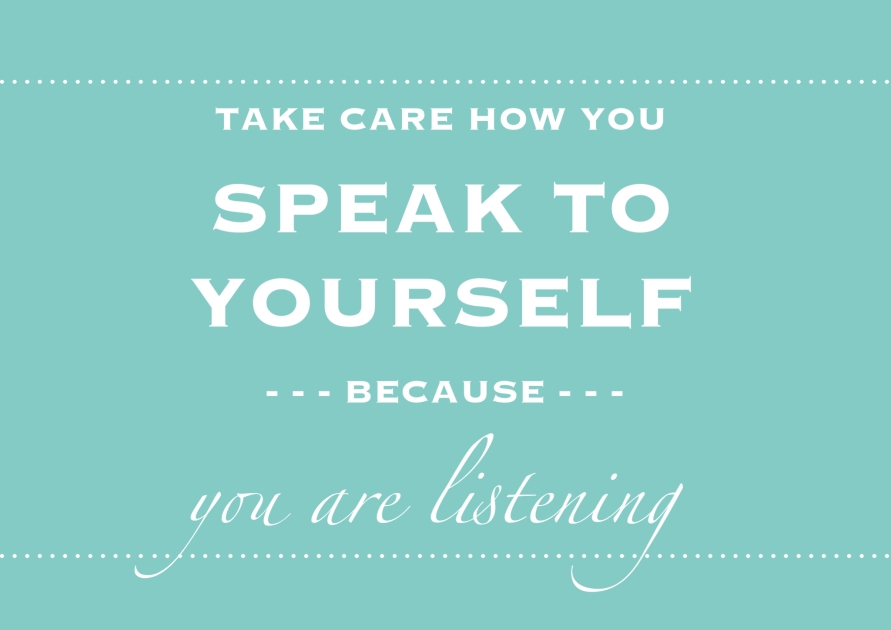
Alzheimer’s is one of the scariest words in any language. In today’s society many people live in fear of getting Alzheimer’s disease. We will do just about anything to prevent developing the disease. However, there are other forms of dementia that are just as devastating.
Brain Health
In this series of articles, I will look at the latest research on brain health and what steps need to be taken to keep our brain healthy. The areas I will focus on are: diet and how a nutritional program can protect your precious memories, how to clean your brain and stop dementia and Alzheimer’s, and natural health approach to preventing and reversing dementia. Can a virus be the underlying cause of Alzheimer’s? We will look at toxic substances that contribute to making your brain sick.
Is There A Protocol For Reversing/Curing Alzheimer’s?
I will address the issues that cause Alzheimer’s and the the 36 deficiencies and sources that contribute to dementias. New research will be presented to back up the 10 steps to take for better brain health.
What Is Alzheimer’s?
Alzheimer’s disease is a progressive condition in which nerve cells in the brain degenerate and the brain shrinks. Alzheimer’s disease is the most common cause of dementia (a general decline in all areas of mental ability).
What Is Dementia?
Dementia refers to a category of diseases that cause loss of memory and deterioration in other mental functions. Dementia occurs due to physical changes in the brain and is a progressive disease, meaning it gets worse over time.
What’s the difference between the two?
Alzheimer’s is one kind of dementia and is often a “catch all” term for dementia. Alzheimer’s is the most talked about dementia, but is it the most common dementia?
There is approximately 7.7 million new cases of dementia diagnosed every year. World wide there are 47.5 million people who are living and struggling with dementia. Based on the high number of individuals affected, dementia is one of the leading causes of dependency and mental impairment among the elderly population.
Around 70 percent of dementia cases are due to Alzheimer’s.
Due to longer life expectancies and the baby boomer population, the percentage of Americans living with this disease will increase in the upcoming years.
During my career as a mental health nurse with the Veteran’s Administration, it was noted that early onset dementia was seen in veterans who where long term users of marijuana and a few veterans who worked in the chemical research areas.
What is the economic impact of dementia?
A total of 4.8 million persons aged 65 and older were included in this study. The overall observed prevalence of dementia in the Medicare sample was 8.5% (Table 1). It increased from 2.8% for the persons aged 65–74 to 24.9% in the group aged 85 and older. The prevalence for women is higher than for men (9.94 versus 6.39). The prevalence is also noticeably higher in blacks and Hispanics compared with whites and other ethnicities. (https://academic.oup.com/jpubhealth/article/37/4/597/2362594)
Looking at the economic impact of dementia, including unpaid care provided by families, is estimated at $159 billion to $215 billion per year in the United States. (Hurd et al, 2013) And estimated at more than $600 billion worldwide (Wimo et al, 2013)
(www.ncbi.nlm.nih.gov › Journal List › HHS Author Manuscripts)
The next article will investigate how diet can affect the development of dementia. We will look at the research on reversal of dementia through diet.



